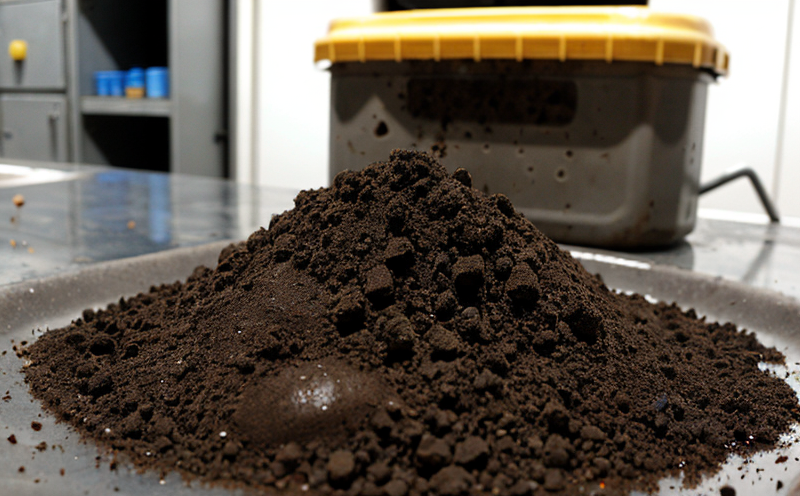Textile Residue Contaminant Screening
In today's globalized and highly regulated textile industry, ensuring product safety and compliance with international standards is paramount. Textile residue contaminant screening plays a critical role in identifying potentially harmful substances that could inadvertently find their way into consumer products. This service leverages advanced analytical techniques to detect even trace amounts of contaminants such as heavy metals, pesticides, and other hazardous chemicals. By conducting thorough analysis during the development and manufacturing stages, our laboratory helps clients avoid costly recalls, maintain product integrity, and comply with stringent regulatory requirements.
The process begins with meticulous sample preparation, ensuring that each specimen is representative of the batch to be tested. Our team uses state-of-the-art instrumentation such as Inductively Coupled Plasma Mass Spectrometry (ICP-MS) for heavy metal analysis and Gas Chromatography-Mass Spectrometry (GC-MS) for pesticide residue screening. These instruments provide precise quantification and identification, enabling us to detect contaminants at parts-per-billion levels.
Our expertise extends beyond mere detection; we also offer comprehensive reporting tailored to our clients' needs. Reports include detailed analytical results, compliance assessments against relevant international standards such as ISO 8124-6 for toys and EN 71-3 for children's products. Additionally, we provide recommendations on corrective actions if any contamination is detected.
Textile residue contaminant screening is not just a technical exercise; it represents a commitment to safeguarding public health and the environment. By partnering with us, your organization can ensure that its offerings meet the highest quality standards and regulatory expectations.
Why It Matters
The importance of textile residue contaminant screening cannot be overstated. Consumers expect safe products, and regulatory bodies worldwide enforce strict guidelines to protect public health. A single instance of contamination can lead to significant reputational damage, financial losses due to product recalls, and potential legal action.
Customer trust is a valuable asset that takes years to build but can be destroyed in an instant. Regular screening helps maintain this trust by ensuring products are free from harmful substances.
Compliance with international standards not only avoids penalties and fines but also ensures market access, especially for exports. Many countries have stringent regulations regarding textile contaminants.
Moreover, environmental considerations play a crucial role in this service. By identifying and eliminating harmful residues early in the production process, we contribute to sustainable practices that reduce overall waste and pollution.
Customer Impact and Satisfaction
Enhanced Product Quality: Ensures products meet or exceed regulatory standards, enhancing brand reputation.
Avoidance of Recalls: Reduces the risk of product recalls, saving time and resources.
Better Decision-Making: Provides data-driven insights for improving production processes and ingredient selection.
Cost Savings: Early detection of contaminants can prevent costly rework or scrap.
Our clients benefit from our rigorous testing protocols, which not only meet but often exceed industry expectations. Customer satisfaction is a key metric for us, and we strive to provide accurate, timely results that support informed decision-making processes within their organizations.
International Acceptance and Recognition
We adhere strictly to international standards such as ISO 17025 for our laboratory accreditation, ensuring the highest level of reliability and accuracy in our test results.
Our methodologies align with globally recognized frameworks like ASTM D6886 for pesticide residue analysis and EN 71-3 for toy safety. This alignment ensures that our findings are widely accepted across different jurisdictions.
By maintaining these high standards, we ensure that the results from our textile residue contaminant screening are universally recognized and trusted. Our clients can confidently use these results in global markets without encountering barriers due to discrepancies or lack of acceptance.





